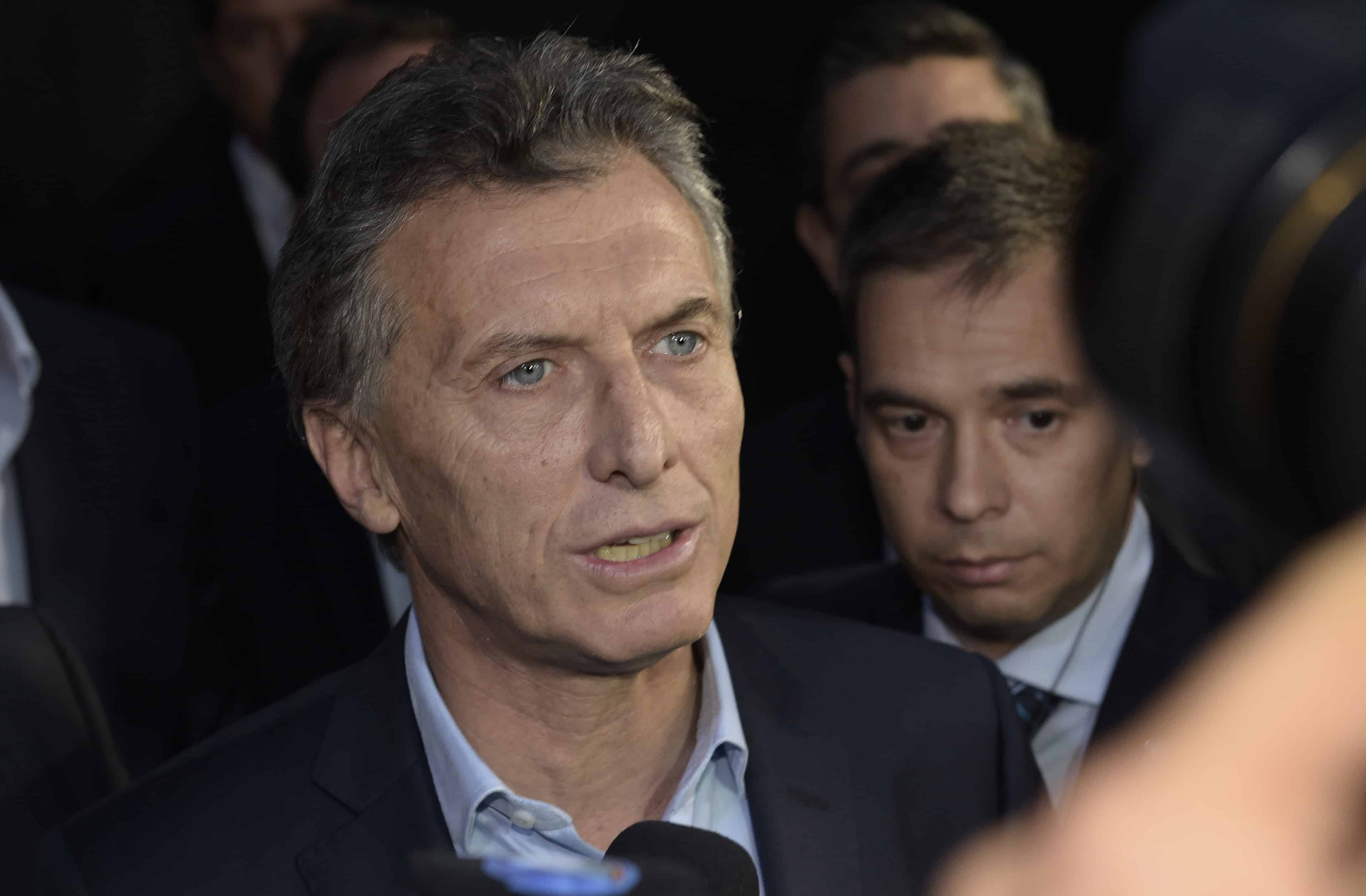BUENOS AIRES, Argentina — Argentina said Wednesday it will eliminate the foreign exchange restrictions that have propped up the official value of the peso since 2011, setting up a potentially painful devaluation.
The move comes six days after new pro-business President Mauricio Macri took office promising deep reforms for Latin America’s third largest economy after Brazil and Mexico. The finance ministry said it would officially announce the lifting of the currency exchange controls at 6:00 p.m.
Macri, whose election ended 12 years of left-wing government, had vowed on the campaign trail to put an end to the official exchange rate from day one. The dollar is currently worth less than 10 Argentine pesos at the official rate, but nearly 15 pesos on the black market. The new, free-market rate is expected to settle close to the black-market rate — a steep devaluation.
Economists warned the country faces a rough adjustment.
“Devaluation implies a significant fall in real wages because of the increase in the cost of living,” said Hernan Letcher of the Center for Argentine Economic Policy.
But it is necessary medicine, said Ramiro Castineira of consulting firm Econometrica.
“With the currency exchange control in place, the economy can’t grow,” he told AFP.
President Cristina Kirchner imposed the exchange restrictions four years ago in a bid to stop capital flight and tax evasion. Argentines who want to exchange pesos for dollars under the current system have to document where they got the money, and can only buy up to $2,000 a month.
The system had put a brake on real estate markets, since Argentine apartments and houses are typically purchased in dollars. It also led to a surge in visa applications, as Argentines with money to travel found that shopping abroad was suddenly far cheaper than at home. Overseas credit card transactions were converted to pesos at the official rate.
‘Macrieconomics’
Argentines have long seen the dollar as a safe haven, in a country where inflation has been a historic bugbear of the economy. But the exchange controls were hurting exporters, denting productivity and distorting the economy.
Argentina is in a painful economic slowdown, with inflation forecast to come in at more than 25 percent this year and more than 35 percent next year in case of a devaluation. The International Monetary Fund forecasts the country is facing a recession next year.
Macri’s administration is looking to restore investor confidence in the economy and restock foreign currency reserves that have fallen to precariously low levels. The country’s reserves have shrunk from $52 billion in 2011 to around $24 billion today.
On Monday the new president kicked off his reforms — dubbed “Macrieconomics” in Argentina — by eliminating or cutting a string of taxes on agricultural and industrial exports. Macri, 56, announced the end of taxes on wheat and corn exports and a tax cut on soybean exports, from 35 percent to 30.
The five-percent tax on industrial exports was also scrapped.
Kirchner had introduced steep taxes on the South American farming giant’s agricultural exports in 2008, triggering angry protests by producers. The money raised helped pay for popular social programs, which Macri has vowed to keep despite his sweeping free-market reforms.
Argentine farmers have been hoarding their crops awaiting better conditions. Macri urgently needs them to start exporting again — a key source of hard currency for the central bank.
Finance Minister Alfonso Prat-Gay and central bank chief Federico Sturzenegger had held a flurry of negotiations in recent days with banks and exporters to ensure a large enough reserve cushion to lift the exchange rate restrictions.
Analysts say there is a large pent-up demand for greenbacks from companies, which for the past four years have had to resort to mechanisms such as bond swaps to access dollars.






